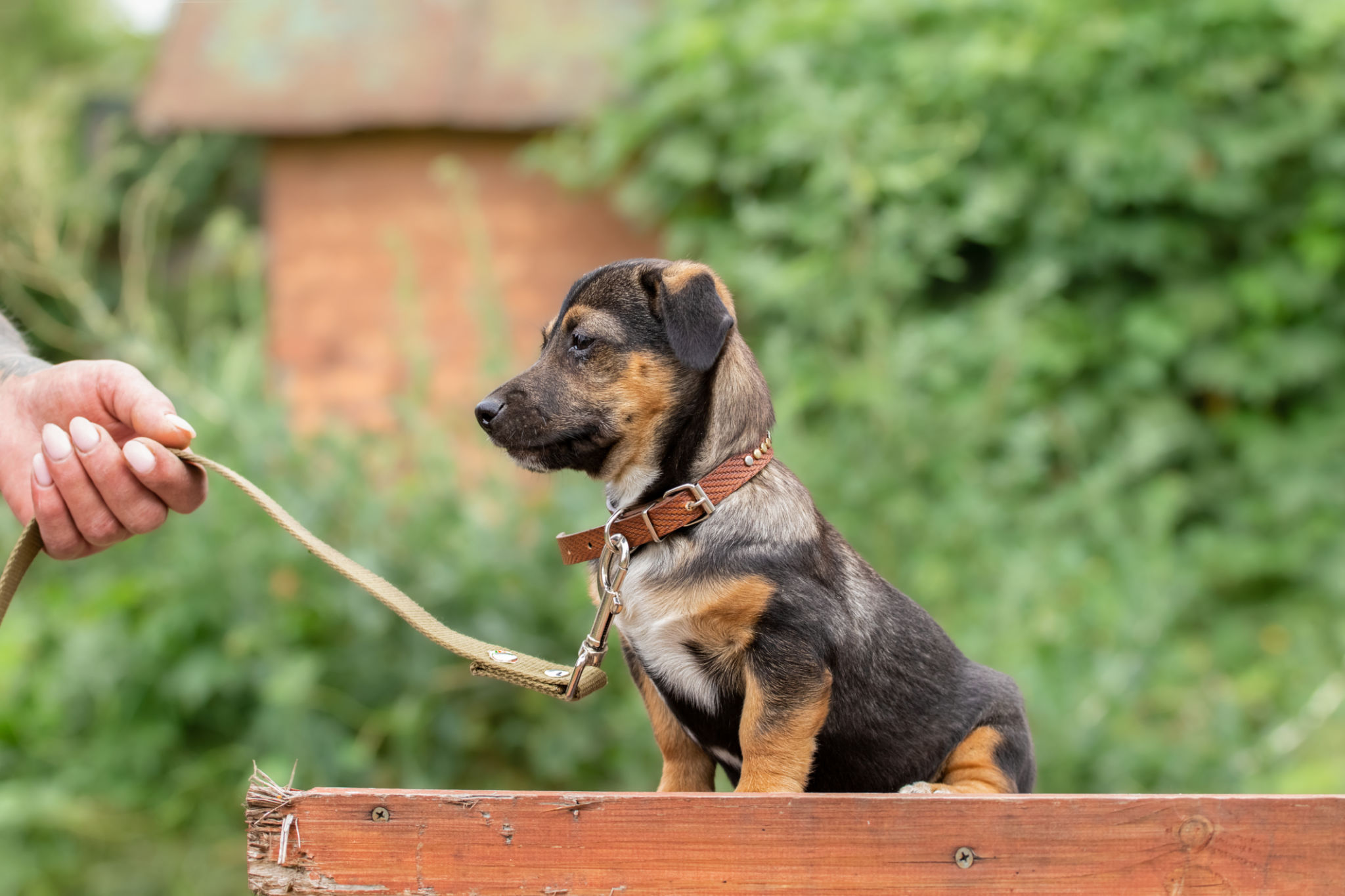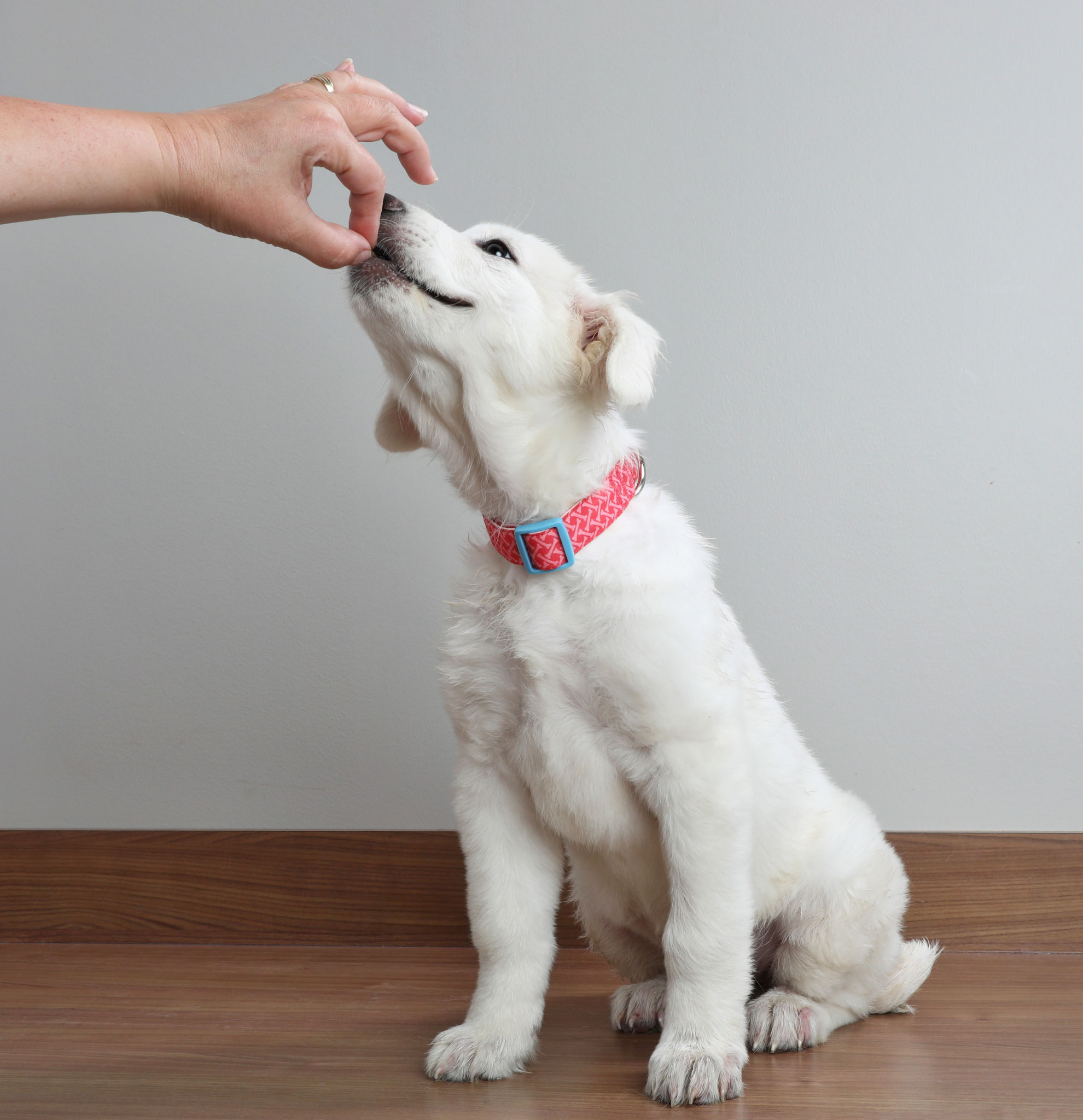Expert Tips on Puppy Training from Riverside's Top Canine Behaviorists
Understanding Your Puppy's Needs
Training a puppy is both a rewarding and challenging experience. Riverside's top canine behaviorists emphasize the importance of understanding your puppy's needs from the start. Puppies are full of energy and curiosity, and they require patience and consistency from their owners. Recognizing when your puppy is hungry, tired, or in need of play is crucial for a successful training journey.
Creating a routine is essential. Puppies thrive on structure, so establishing a daily schedule for feeding, playtime, and rest can help them feel secure and understand what to expect throughout the day.

Basic Commands and Socialization
One of the first steps in training is teaching your puppy basic commands such as "sit," "stay," and "come." These commands form the foundation for more advanced training. Riverside experts suggest using positive reinforcement techniques like treats or praise to encourage good behavior.
Socialization is equally important. Exposing your puppy to different people, environments, and other animals helps them become well-adjusted adults. Start by taking your puppy on short walks in various settings and gradually introduce them to new experiences.

Addressing Common Behavioral Issues
Puppies are known to exhibit behaviors like chewing, biting, and barking. While these are normal parts of puppyhood, they can become problematic if not addressed early. According to Riverside's behaviorists, providing appropriate chew toys and redirecting unwanted behavior can mitigate these issues.
Consistency is key. If your puppy is prone to biting, a firm "no" followed by redirecting their attention to a toy can be effective. It's also important to understand that these behaviors often stem from teething or a desire for attention.

Crate Training and Housebreaking
Crate training is a valuable tool for housebreaking your puppy. A crate provides a safe space for your puppy and helps establish a routine for bathroom breaks. Experts recommend choosing a crate size where your puppy can comfortably stand, turn around, and lie down.
To housebreak your puppy successfully, take them outside frequently and reward them immediately after they relieve themselves. Be patient; accidents are part of the process, but with consistent effort, most puppies learn quickly.
The Importance of Patience and Consistency
Training a puppy requires a significant amount of patience and consistency. Riverside's top canine behaviorists stress that every puppy learns at their own pace. By maintaining a positive attitude and sticking to a routine, you'll build a strong bond with your puppy and encourage lifelong good behavior.
Avoid punishment-based training methods, as these can lead to fear and anxiety in dogs. Instead, focus on positive reinforcement and celebrate small victories along the way.

Seeking Professional Help
If you encounter persistent challenges while training your puppy, seeking professional help can be beneficial. Riverside offers a range of experienced canine behaviorists who can provide personalized guidance based on your puppy's unique needs.
Professional trainers can offer insights and strategies you might not have considered and help address any specific behavioral issues that arise during the training process.
Building a Lifelong Bond
The ultimate goal of puppy training is to build a strong, trusting relationship between you and your dog. By investing time in their early development and focusing on positive experiences, you'll lay the foundation for a happy and harmonious life together.
Your efforts will not only lead to a well-behaved companion but also enrich the bond you share with your furry friend, ensuring years of joy and companionship.
